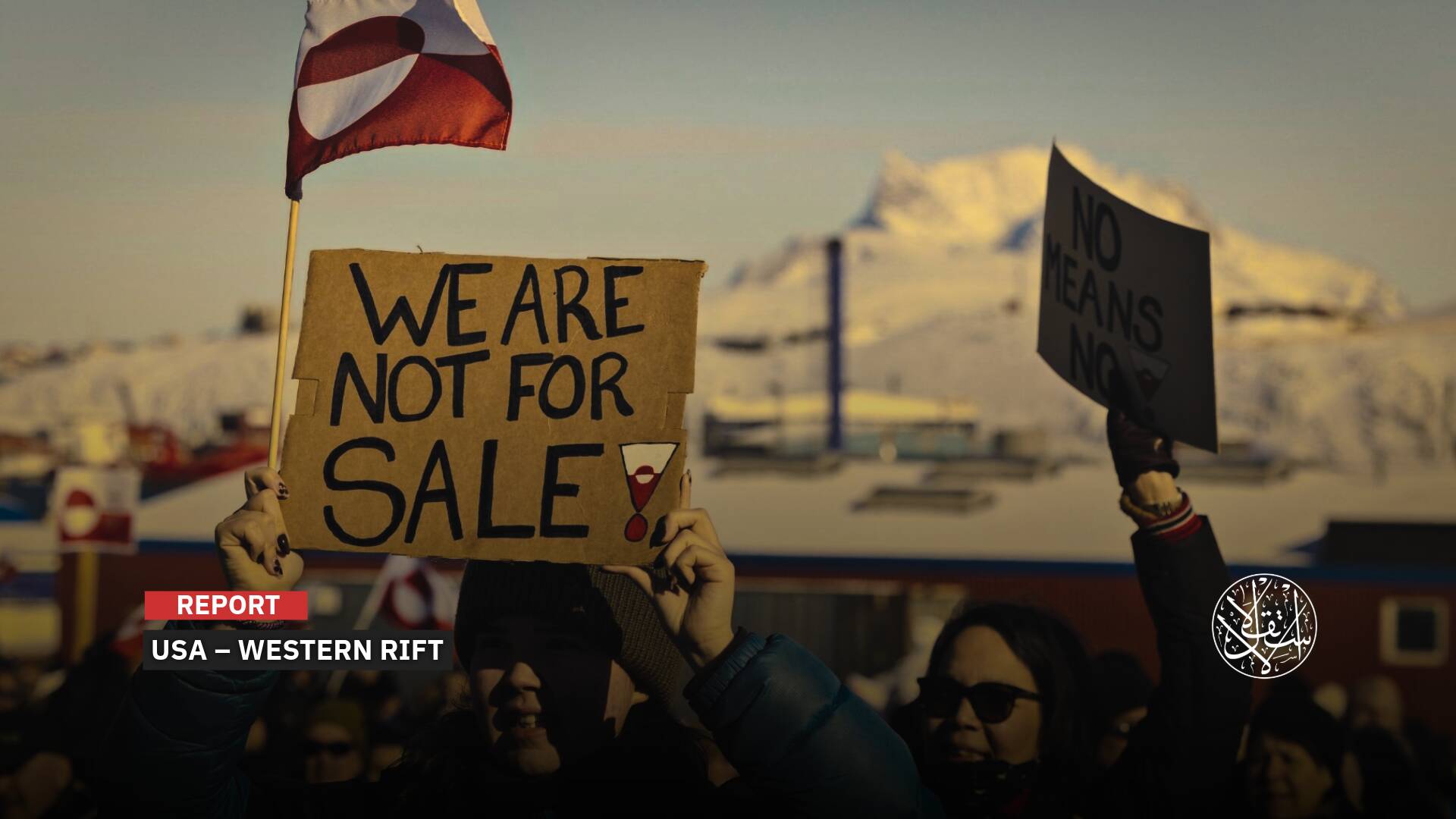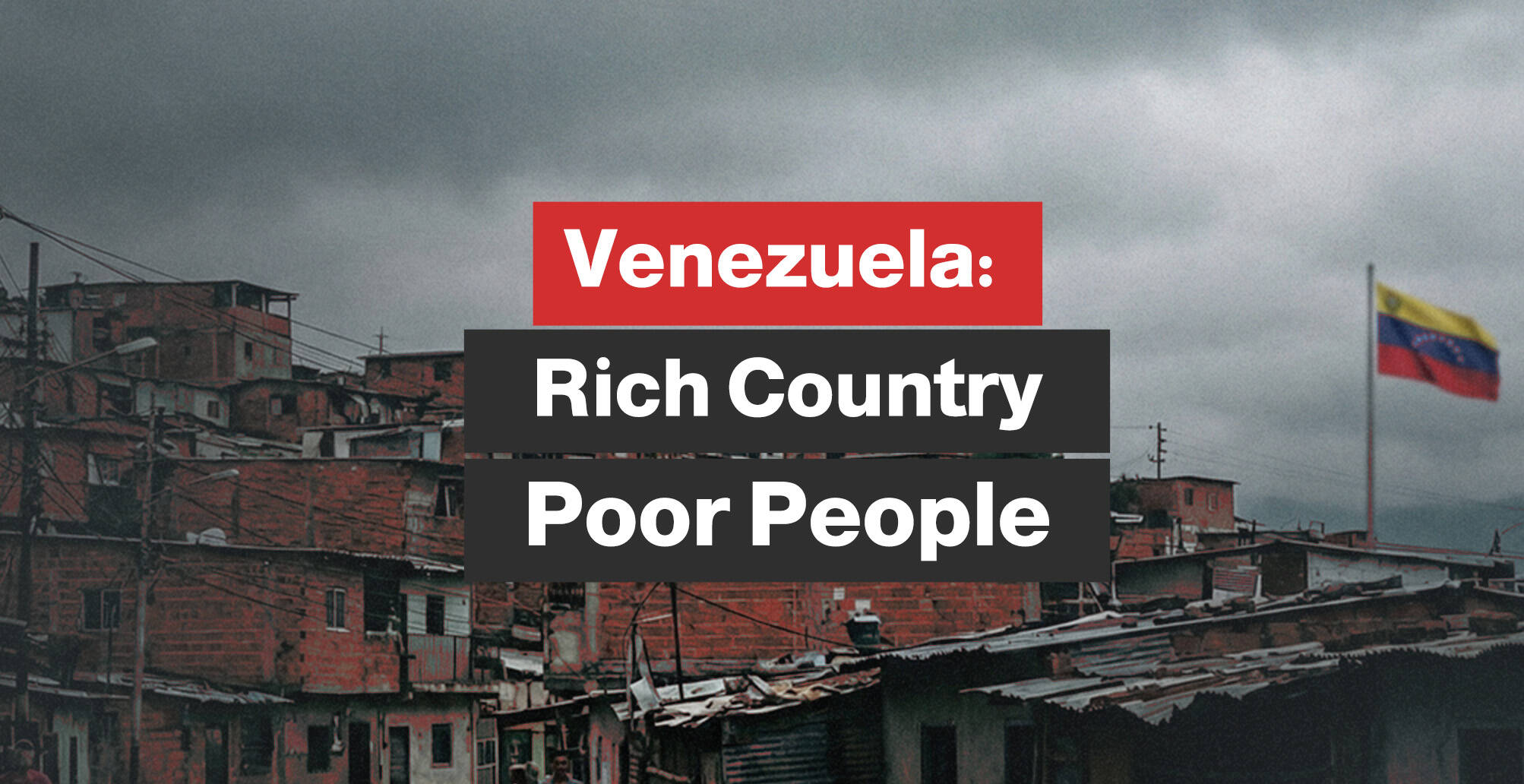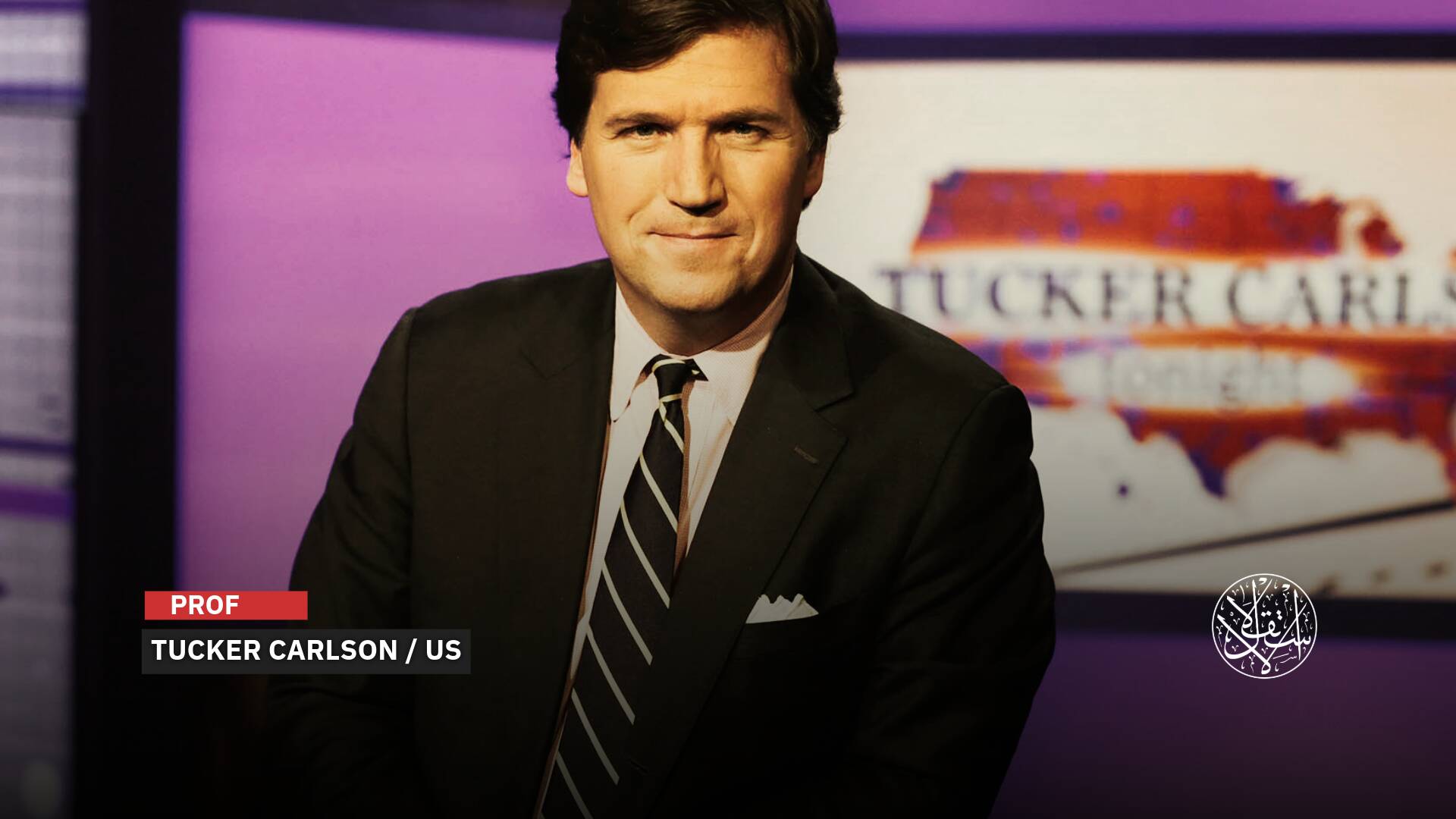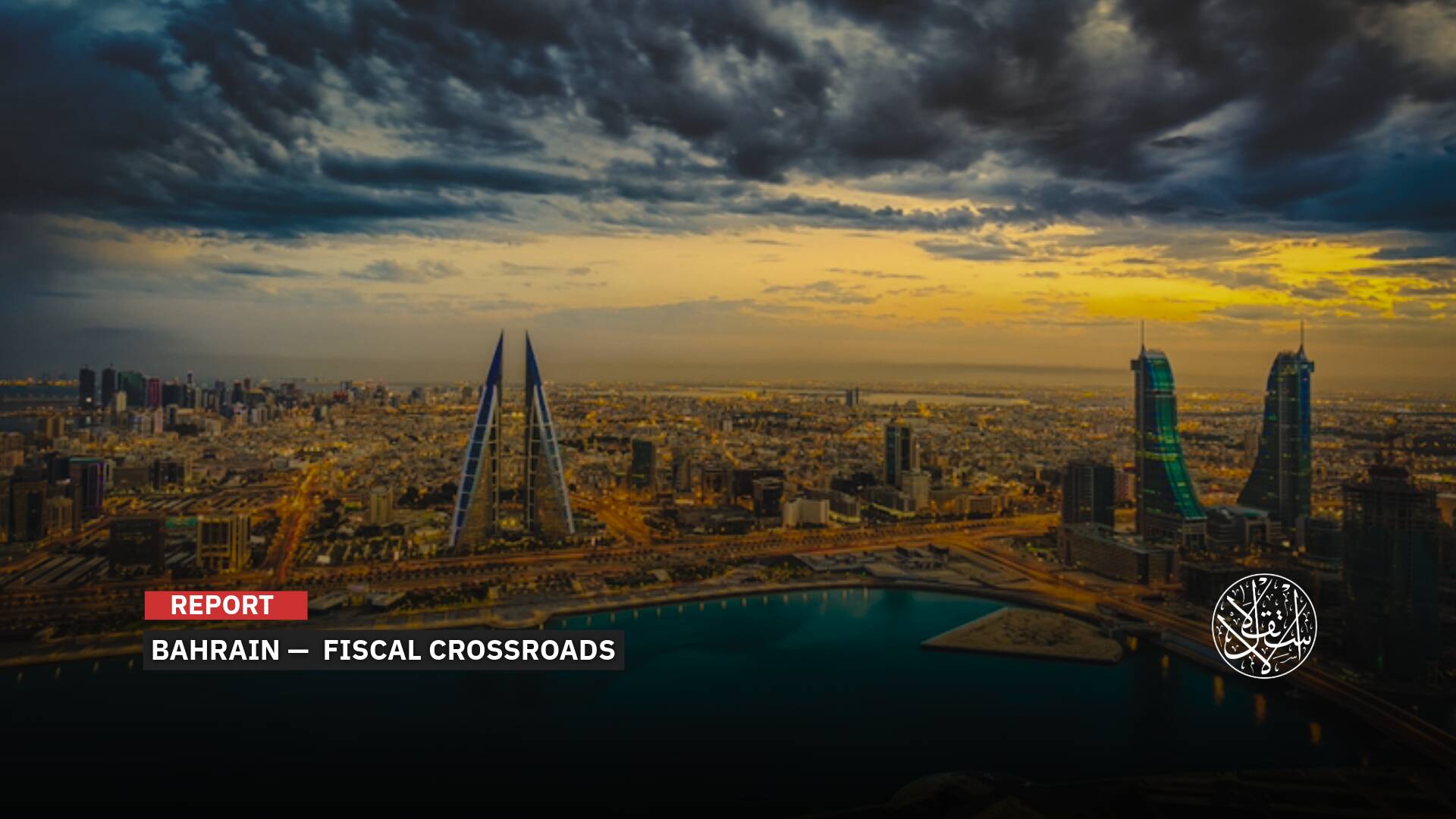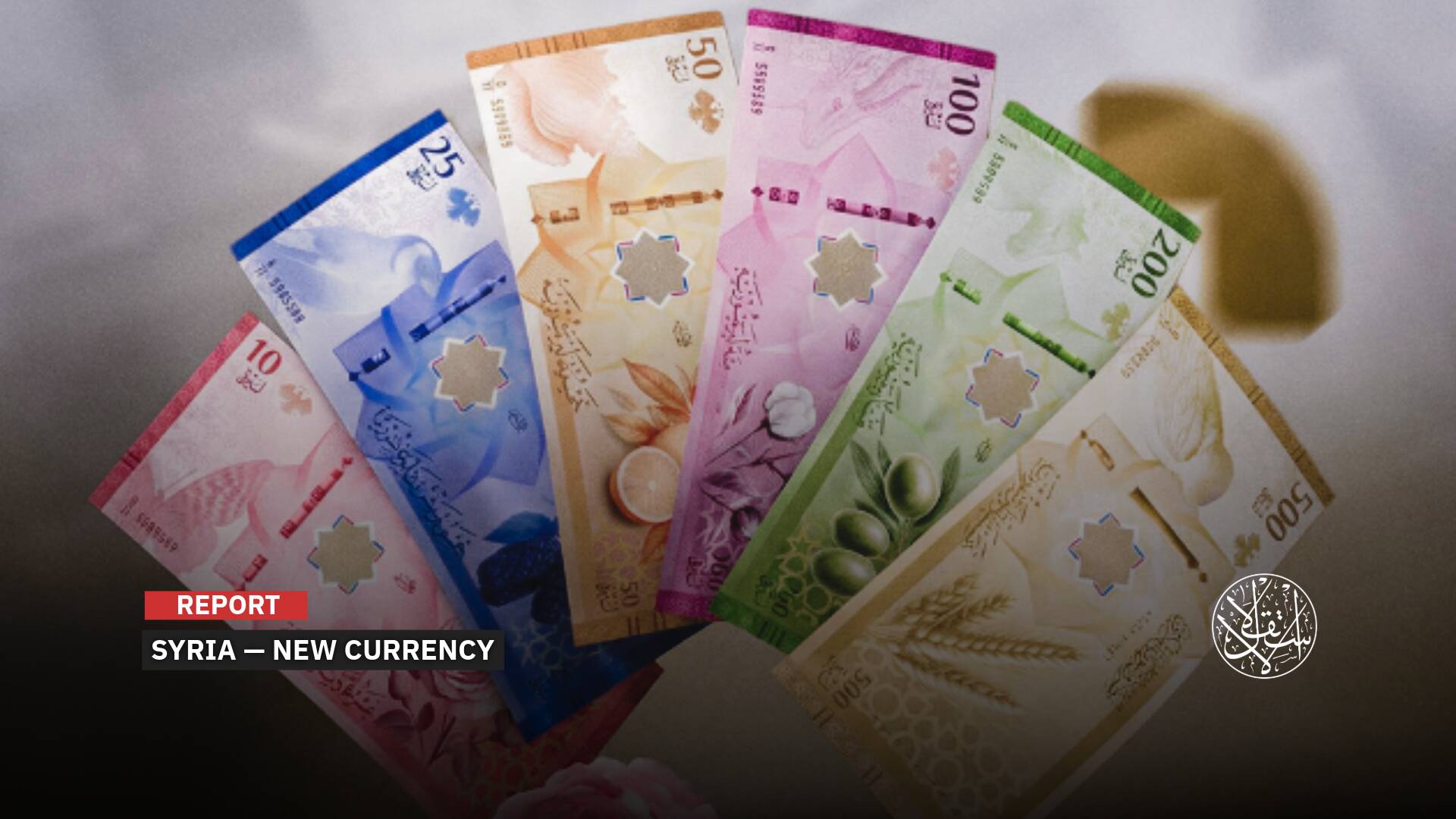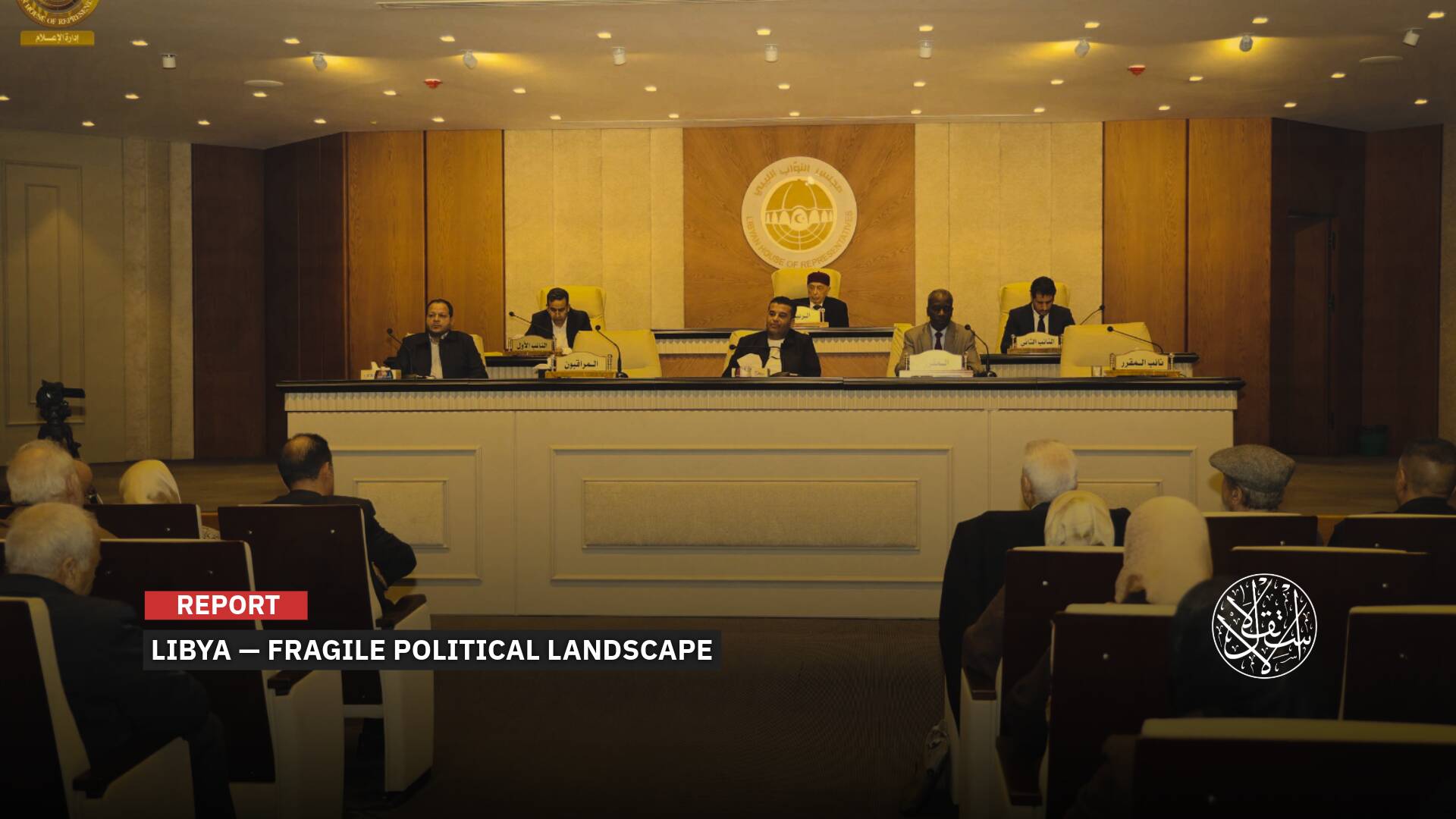Will Global Economy Be Affected by the US Recession?

Rising fears of a global recession are taking hold as stock markets in multiple countries suffer significant declines
Rising fears of a global recession are taking hold as stock markets in multiple countries suffer significant declines, driven by escalating tensions in the Middle East following the Israeli aggression on Gaza and the assassination of Hamas political bureau chief Ismail Haniyeh in Tehran.
In the United States, oil prices hit an eight-month low due to concerns that Middle Eastern tensions could disrupt supplies to Washington.
Brent crude futures edged up 4 cents, or 0.1 percent, to $76.77 a barrel, while West Texas Intermediate crude futures fell 13 cents, or 0.2 percent, to $73.39 a barrel.
Global Decline
Washington is increasingly anxious about a potential recession, exacerbated by the persistent decline in oil prices and a rise in the unemployment rate to 4.3%.
Job growth in July slowed more than anticipated, and weak manufacturing activity in the United States, Europe, and Asia suggests a fragile global economic recovery that could dampen oil consumption further.
The repercussions are not confined to the United States. Japan’s Nikkei 225 index plummeted nearly 10% on Monday amid heavy selling driven by concerns over the U.S. economy’s worsening outlook.
The Nikkei index closed down 3.12% at 34,790.44 points, and the broader Topix index dropped 3.45% to 2,450.11 points.
These declines evoke memories of "Black Monday" in October 1987, the largest single-day drop in the Nikkei's history, when it fell by 3,836 points, 14.9%.
In Britain, the Dubai-based Sidra Group retracted its plan to acquire the British conglomerate John Wood Group, citing escalating geopolitical risks and financial market instability.
Shares in the British engineering firm plunged 37% to their lowest level since December 2022. Sidra had previously offered between 205 and 230 pence per share for the Scottish-based company.
European markets also faced significant downturns. The pan-European STOXX 600 index dropped 3.1% to 482.42 points by 0711 GMT, reaching its lowest level since February 13.
The index is poised for its worst daily performance in two and a half years, following its worst weekly performance in nearly 10 months, when it fell below 500 points for the first time since mid-April.
The financial sector was particularly hard hit, with the banking sub-index losing 4.2%, the financial services sub-index falling 3.6%, and the technology sub-index declining 5%.
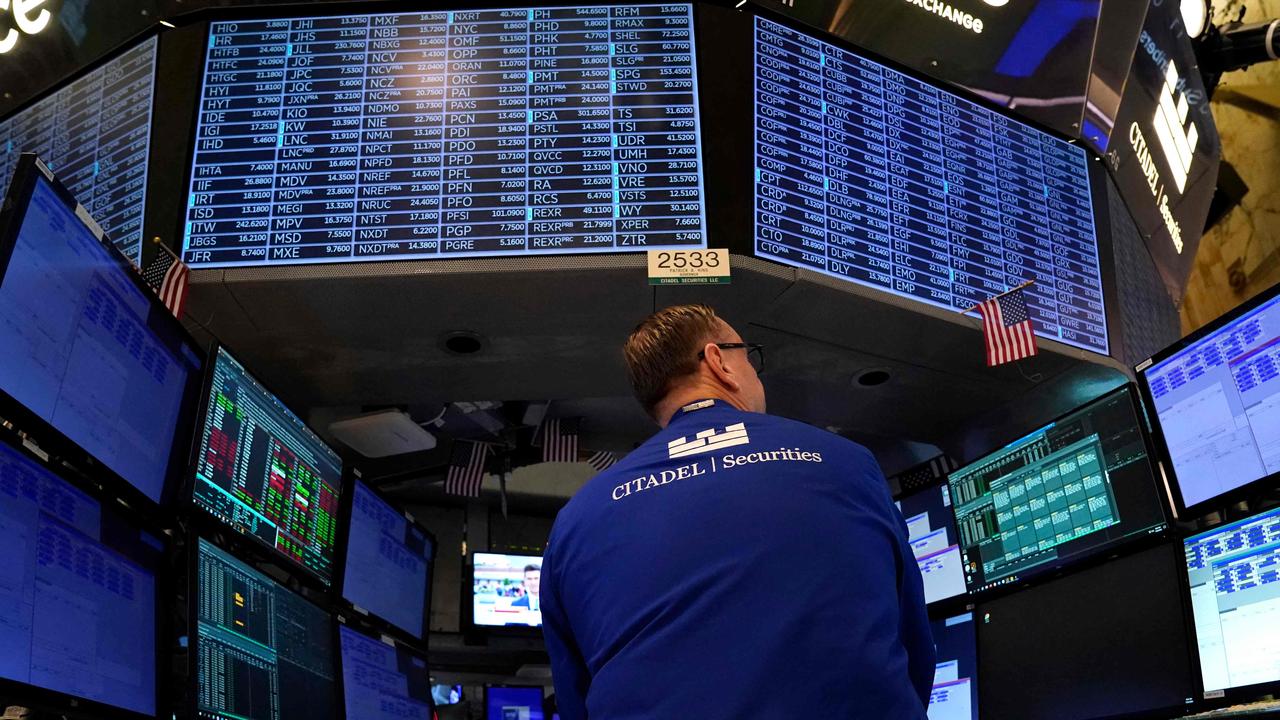
Political Turmoil
Middle Eastern stock markets were similarly affected by regional tensions following the assassination of Ismail Haniyeh in Tehran and the earlier killing of Hezbollah military commander Fouad Shukr in Beirut by an Israeli raid.
Saudi Arabia’s index fell 2.4%, led by a 10% drop in aluminum products maker Al Taiseer Group and a 2.7% decline in Al Rajhi Bank.
Saudi Aramco also slipped 1.3%. In Qatar, the index fell 0.7%, with Industries Qatar shares down by the same margin. The Muscat Stock Exchange 30 index closed down 0.43%, while Kuwait’s main market index dropped 1.14%.
These market fluctuations occur amid heightened Israeli anticipation of retaliatory responses from Iran, Hezbollah, and Hamas following Haniyeh’s assassination on Wednesday and Shukr’s on Tuesday.
While the Israeli occupation claimed responsibility for Shukr’s death, it has remained silent on accusations from Iran and Hamas regarding Haniyeh’s assassination, though Israeli Prime Minister Benjamin Netanyahu hinted at involvement.
Global stock markets opened to a wave of selling, driven by concerns over slowing economic growth in the United States and heightened geopolitical tensions in the Middle East.
Amid the broad declines, there was a glimmer of positive news as Galderma shares rose 2.2% following L'Oreal's announcement of its intention to acquire a 10% stake in the Swiss skincare company.
Asian markets were similarly affected. South Korea's stock exchange halted trading on the KOSPI composite and KOSDAQ technology markets. The Korea Exchange implemented a 20-minute trading halt on the KOSPI after the index plummeted more than 8% from the previous day's close. The KOSDAQ also fell by 8.06% when trading was paused. This marked the first trading halt on the KOSPI since March 2020.
In Japan, the Tokyo Stock Exchange experienced significant declines. The Nikkei index dropped 12.4% to 31,458 points, while the broader Topix index fell by 12.2% to 2,227 points, ending Monday’s session with sharp losses.
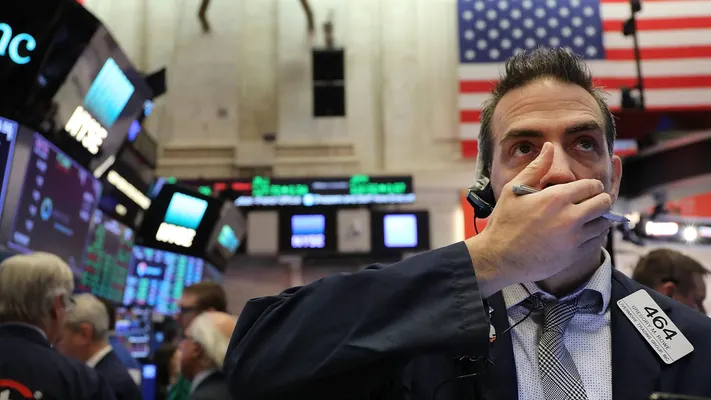
Emerging Markets
Political economist Abdallah Tayeb highlighted that this global downturn has spurred fears of an impending economic recession.
“The ripple effects of this financial turmoil have been felt far and wide. In Asia, the Japanese Stock Exchange has suffered its worst single-session loss since 1987, plunging over 10% and wiping out more than $500 billion in value,” Tayeb said.
In his interview with Al-Estiklal, Tayeb said that emerging markets will have the worst adverse effects of this global wave. “This wave of panic has also washed over the Egyptian Stock Exchange, where the main index, EGX30, has shed nearly 2,000 points and market capitalization has shrunk by over 100 billion pounds since the week's opening sessions,” Tayeb noted.
Despite this bleak scenario, Tayeb suggests that this decline may be temporary. He anticipates that the Federal Reserve might expedite interest rate cuts in its upcoming September meeting, potentially slashing rates by as much as 50 basis points in a bid to stave off recession.
The exodus of hot money from the emerging markets back to more stable ones is likely to continue, driven by pervasive investor uncertainty and lack of confidence, according to Tayeb.
Interestingly, after the markets’ steep decline, a partial rebound has been observed. Tuesday’s 6 of August session on the Egyptian Stock Exchange saw a recovery, with market capitalization clawing back around 27 billion pounds.
“Nonetheless, the atmosphere remains one of cautious anticipation as global markets, led by the American Stock Exchange, remain in a state of flux,” Tayeb noted.
While this crisis cannot be equated to the 2008 global financial meltdown, Tayeb asserts that its causes are both known and anticipated—chiefly, the Federal Reserve's stringent policy and the high-interest rate environment.


